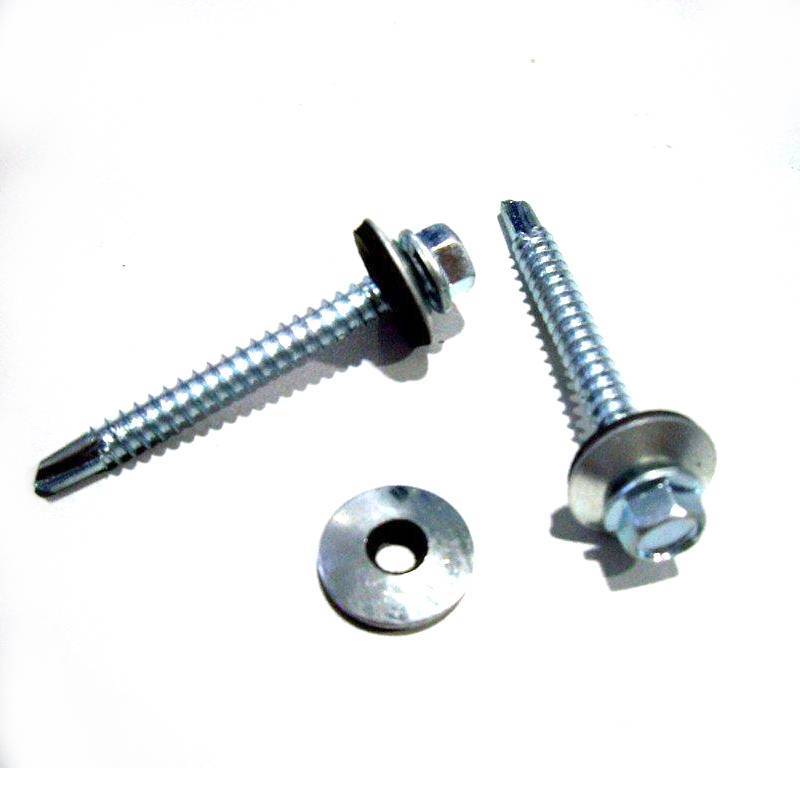oem self tapping screw guide
A Comprehensive Guide to OEM Self-Tapping Screws
When it comes to manufacturing and assembly in various industries, the significance of high-quality fasteners cannot be overstated. Among these, OEM (Original Equipment Manufacturer) self-tapping screws have gained immense popularity due to their efficiency and versatility. This article serves as a comprehensive guide to OEM self-tapping screws, highlighting their design, applications, advantages, and best practices for use.
Understanding Self-Tapping Screws
Self-tapping screws are threaded fasteners that create a mating thread in the material they are driven into, eliminating the need for pre-drilled holes. This feature makes them particularly convenient for high-volume production where speed and efficiency are paramount. They are typically made from steel, stainless steel, or other materials, and come in various shapes, sizes, and thread designs to cater to specific applications.
Types of Self-Tapping Screws
1. Thread-Cutting Screws Designed to cut their own threads in softer materials such as wood or plastic, these screws typically have a sharp point and cutting edges to facilitate easy insertion.
2. Thread-Forming Screws These screws displace material rather than cutting it, which allows them to create a strong hold in harder materials like metals. They feature a unique thread design that forms the thread in the base material during installation.
3. Self-Drilling Screws Equipped with a drill point, these screws do not require any pre-drilled holes and can penetrate thicker or tougher materials. They are highly efficient for use in metal roofing and other heavy-duty applications.
Applications of OEM Self-Tapping Screws
OEM self-tapping screws are utilized across a myriad of industries, including
- Automotive Used for assembling various vehicle components due to their robust holding power and vibration resistance. - Electronics Ideal for securing parts within electronic devices, where precision and reliability are essential. - Construction Commonly used in framing, drywall installation, and roofing solutions. - Appliance Manufacturing Widely used for securing the internal and external parts of household appliances.
Advantages of Using OEM Self-Tapping Screws
1. Efficiency By eliminating the need for pre-drilling, self-tapping screws save significant time during assembly. This efficiency is crucial in high-speed production environments.
oem self tapping screw guide

2. Cost-Effective Reduced labor and material costs associated with drilling holes make self-tapping screws a cost-effective solution for manufacturers.
4. Versatility With a variety of designs and materials available, OEM self-tapping screws can be tailored to meet specific requirements in different applications.
Best Practices for Using Self-Tapping Screws
To maximize the benefits of OEM self-tapping screws, it’s essential to follow best practices during installation
1. Choose the Right Type Select the appropriate self-tapping screw type based on the material and application. Understanding the differences between thread-cutting, thread-forming, and self-drilling screws is vital.
2. Proper Torque Utilize the correct torque settings to avoid over-tightening, which can strip the threads and weaken the joint.
3. Material Compatibility Ensure that the screw material is appropriate for the base material. For corrosive environments, consider using stainless steel screws or those with protective coatings.
4. Pilot Holes In some instances, especially in harder materials, pre-drilling a pilot hole can help guide the screw and enhance its holding power.
5. Regular Inspection Regularly inspect installed screws for signs of wear or loosening, especially in applications subjected to vibration or movement.
Conclusion
OEM self-tapping screws are an indispensable tool in modern manufacturing and assembly processes. Their ability to simplify installation while providing strong and reliable fastening solutions makes them a favored choice across various industries. By understanding their types, applications, advantages, and best practices, manufacturers can effectively leverage these fasteners to improve efficiency and product quality. Whether in automotive, electronics, or construction, self-tapping screws continue to play a crucial role in ensuring seamless operations and robust assemblies.
-
Top Choices for Plasterboard FixingNewsDec.26,2024
-
The Versatility of Specialty WashersNewsDec.26,2024
-
Secure Your ProjectsNewsDec.26,2024
-
Essential Screws for Chipboard Flooring ProjectsNewsDec.26,2024
-
Choosing the Right Drywall ScrewsNewsDec.26,2024
-
Black Phosphate Screws for Superior PerformanceNewsDec.26,2024
-
The Versatile Choice of Nylon Flat Washers for Your NeedsNewsDec.18,2024










